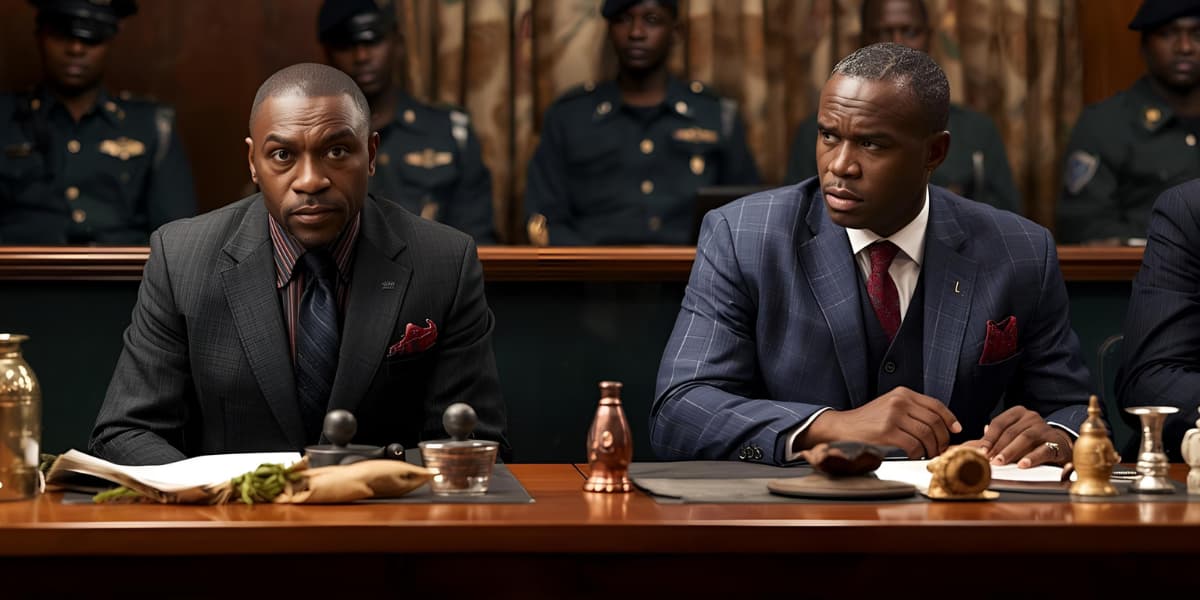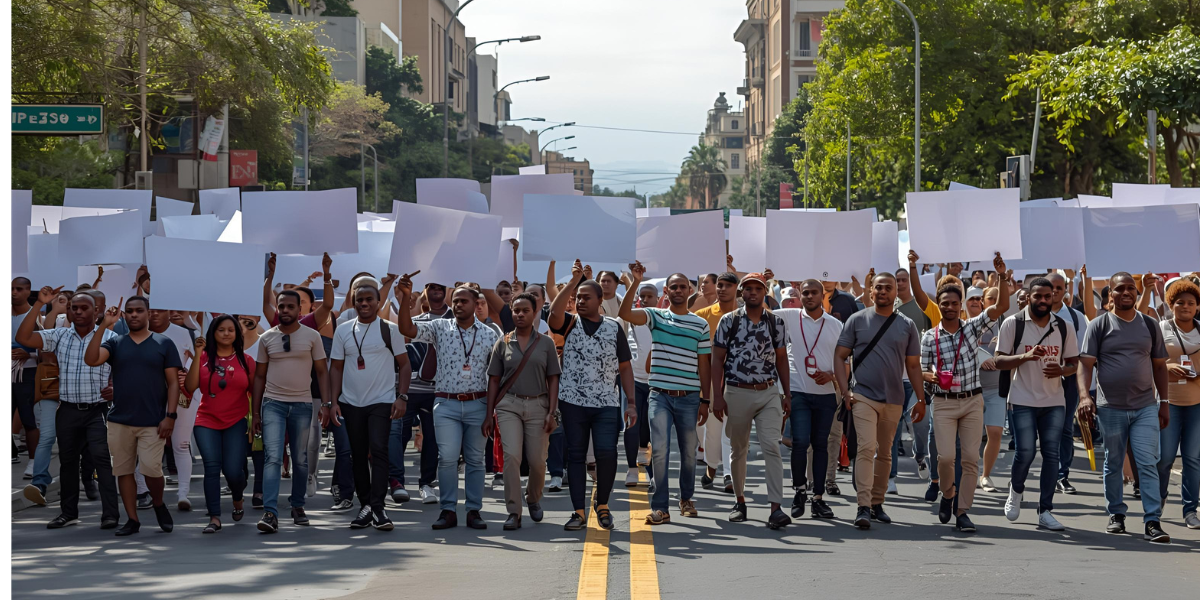Witchcraft plot fails: 2 men jailed in dramatic Zambia scandal
The recent Witchcraft plot in Zambia has captured international attention, revealing a rare and alarming attempt to target President Hichilema. Two men, one Zambian and one Mozambican, were sentenced to two years of hard labor after authorities uncovered materials used in an alleged attempt to use witchcraft against the head of state. The case highlights a complex intersection of law, culture, and politics in modern Zambia.
The details of the witchcraft plot
Authorities discovered the men with a variety of ritual items, including a live chameleon, an animal tail, and twelve bottles of magical mixtures. The accused, Leonard Fery (43) and Justin Kandonde (42), were allegedly employed by a third party linked to a former politician’s family. Their capture followed reports from hotel staff who noticed suspicious activities. This discovery not only shocked the nation but raised questions about security measures for public officials.
Legal framework: colonial-era laws in focus
The men were prosecuted under Zambia’s colonial-era Witchcraft Act of 1914, which criminalizes the use of witchcraft to cause harm. This law has long been controversial, with academics and activists arguing it conflicts with local traditions and cultural practices. The case reignited debates over whether colonial laws remain suitable in contemporary society, especially when intertwined with political motives.
Public reaction and media coverage
News of the Witchcraft plot dominated both local and international media. Citizens expressed mixed emotions, ranging from fear and disbelief to criticism of the judiciary for potentially being used as a political tool. Social media exploded with discussions about the role of superstition, the ethics of prosecuting such cases, and the implications for freedom of belief.
Political implications of the case
The Witchcraft plot case emerged amid heightened political tensions in Zambia. Critics argued that the judiciary might be used to target opponents or send a warning message. Although President Hichilema did not comment publicly, analysts speculated that the trial could influence public opinion and upcoming electoral campaigns. The situation emphasizes how legal proceedings can intersect with political strategy in delicate contexts.
Impact on cultural perceptions
The case also sparked a broader conversation about cultural practices and traditional beliefs in Zambia. Many citizens see witchcraft as part of cultural heritage, while others view it as a threat to modern governance. The arrest and sentencing of the two men forced communities to confront the delicate balance between respecting tradition and upholding national security, especially when public figures are involved.
Challenges for law enforcement
Authorities faced multiple challenges in handling the Witchcraft plot. Gathering evidence for supernatural allegations required careful documentation and corroboration from witnesses. The use of surveillance, informants, and forensic analysis played a crucial role in securing convictions. For more detailed safety and investigative guidelines, visit AP News to explore related legal and criminal procedures in Zambia.
Social consequences for local communities
The Witchcraft plot has had ripple effects across local communities. Families of the accused faced social stigma, while discussions about witchcraft and morality intensified. Many citizens expressed concern about potential misuse of accusations for personal or political gain. Community leaders emphasized the need for awareness campaigns to prevent fear-driven hysteria and protect innocent individuals from wrongful allegations.
Media scrutiny and international attention
The trial drew extensive media coverage, both locally and internationally. Journalists highlighted the unusual nature of the case and its implications for law, politics, and culture. Commentators debated the intersection of colonial-era laws with contemporary society and the challenges of reporting on sensitive cultural practices. The coverage amplified global curiosity and pressure on Zambia to ensure fairness and transparency in legal proceedings.
Linking tradition with modern governance
Balancing traditional beliefs with modern governance became a central theme of the Witchcraft plot discussion. Experts suggested reforms to integrate cultural understanding into legal frameworks, ensuring respect for heritage while maintaining national security. For deeper insight into policy adjustments and cultural engagement, explore our internal guide on Zambia legal reforms, which offers strategies to harmonize law and tradition effectively.
Long-term lessons from the Witchcraft plot
The Witchcraft plot case serves as a reminder of the ongoing challenges facing Zambia. It underscores the need for clear legal frameworks that respect both cultural practices and modern governance. Lawmakers and policymakers are urged to review colonial-era statutes to ensure they are relevant, equitable, and enforceable, while avoiding potential misuse for political purposes.
Conclusion: Moving forward after the Witchcraft plot
In conclusion, the Witchcraft plot in Zambia reveals the delicate balance between law, tradition, and politics. While the sentencing of the two men reasserts legal authority, the broader discussion it has sparked highlights the importance of cultural sensitivity, judicial transparency, and political accountability. Moving forward, Zambia faces the task of harmonizing traditional beliefs with contemporary legal standards to ensure justice, safety, and public trust.



